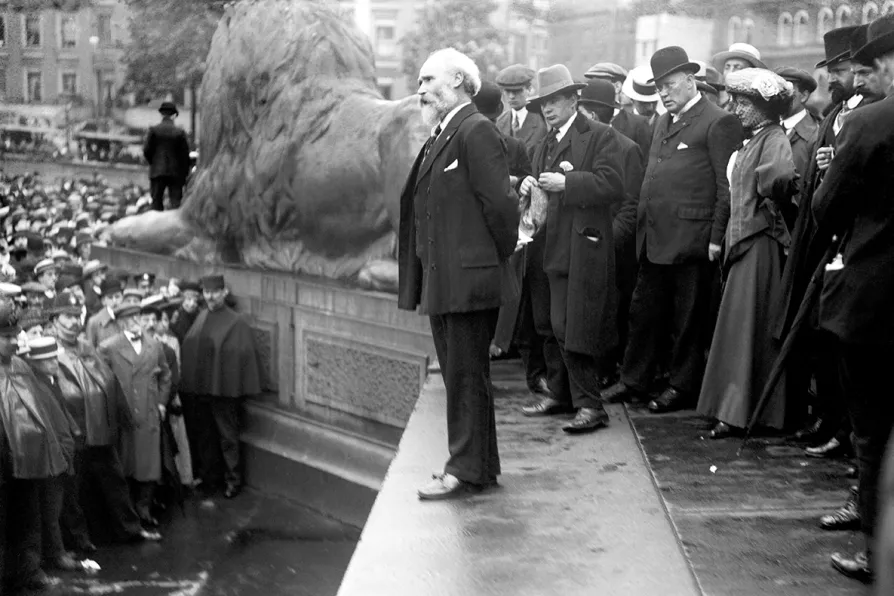As tens of thousands return to the streets for the first national Palestine march of 2026, this movement refuses to be sidelined or silenced, says PETER LEARY

 Keir Hardie (centre) addresses a crowd in Trafalgar Square
Keir Hardie (centre) addresses a crowd in Trafalgar Square
THE efforts of Labour Party HQ to remove the left from the party are perpetual.
Arguably the first occasion was the formal refusal to recognise the young Communist Party as an affiliate in the late 1920s.
The most recent purges have included Socialist Appeal and various groups opposed to the expulsion of critics of the current leadership.

Corbyn and Sultana’s ‘Your Party’ represents the first attempt at mass socialist organisation since the CPGB’s formation in 1921, argues DYLAN MURPHY

While Hardie, MacDonald and Wilson faced down war pressure from their own Establishment, today’s leadership appears to have forgotten that opposing imperial adventures has historically defined Labour’s moral authority, writes KEITH FLETT

KEITH FLETT traces how the ‘world’s most successful political party’ has imploded since Thatcher’s fall, from nine leaders in 30 years to losing all 16 English councils, with Reform UK symbolically capturing Peel’s birthplace, Tamworth — but the beast is not dead yet











